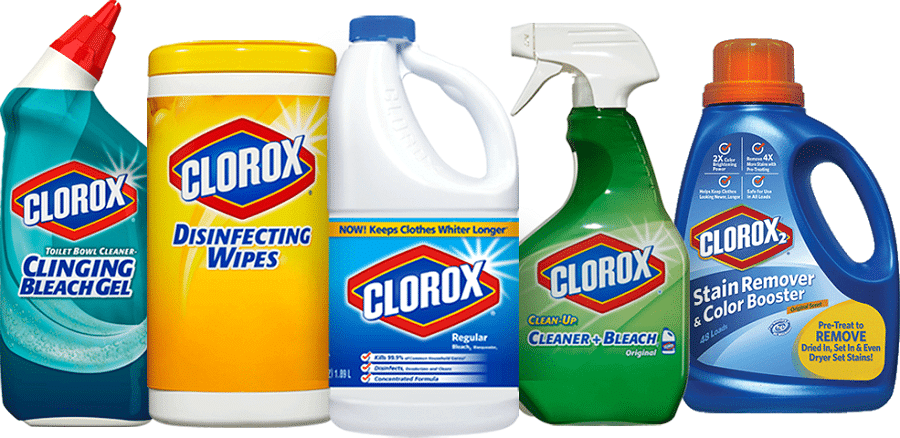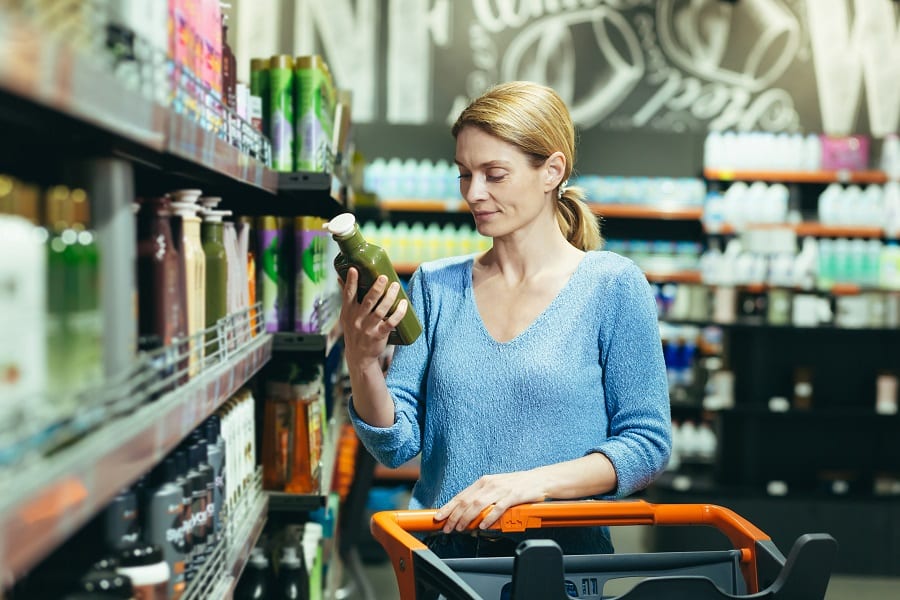Household chemicals in cleaners, pesticides, and everyday products are a double-edged sword. While essential for cleanliness and convenience, they pose significant risks if not stored carefully. This article sheds light on the best practices for safe storage, aiming to mitigate health hazards and prevent environmental damage. It guides readers through effective strategies for managing these common yet potentially dangerous substances, ensuring a safer home environment. Understanding and implementing these safety measures is crucial in modern living, where the proper management of household chemicals is not just a choice but a necessity.
Contents
- 1 Understanding Household Chemicals
- 2 Designating Storage Areas
- 3 Use of Proper Containers
- 4 Organizing Chemicals Safely
- 5 Responding to Spills and Leaks
- 6 Child and Pet Safety Measures
- 7 Regular Maintenance and Disposal
- 8 Local Resources and Regulations
- 9 The Importance of Ongoing Education
- 10 The Bottom Line
Understanding Household Chemicals
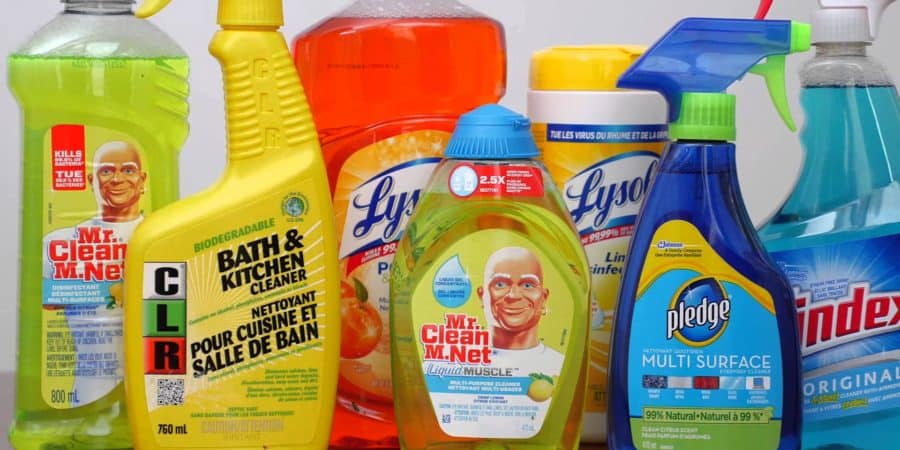
Household chemicals are integral to daily life and are found in products ranging from cleaning agents to garden pesticides. While they offer convenience and efficiency, they pose significant risks if handled incorrectly. Many of these chemicals contain substances that can harm human health, causing irritation, poisoning, or long-term health issues. Environmental risks are also a concern, as improper storage can lead to leaks and contamination. Individuals must recognize the potential hazards of these chemicals and the importance of reading and understanding labels and instructions. This knowledge is the first step towards ensuring safety in the home.
Designating Storage Areas
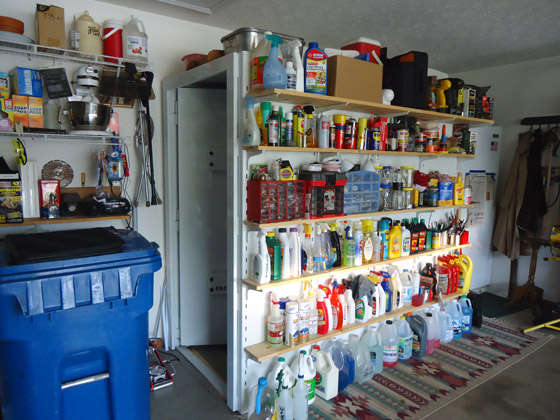
Selecting the right storage area for household chemicals is critical for minimizing risk. The ideal location is well-ventilated, away from living areas, and out of reach of children and pets. It’s important to avoid areas prone to extreme temperature changes, as this can affect the stability of certain chemicals. Basements and utility rooms are often suitable storage areas, provided they are dry and well-aired. High cabinets with locks can be an effective alternative for homes with limited space. The key is to balance accessibility for adults with safety considerations for vulnerable household members.
Use of Proper Containers
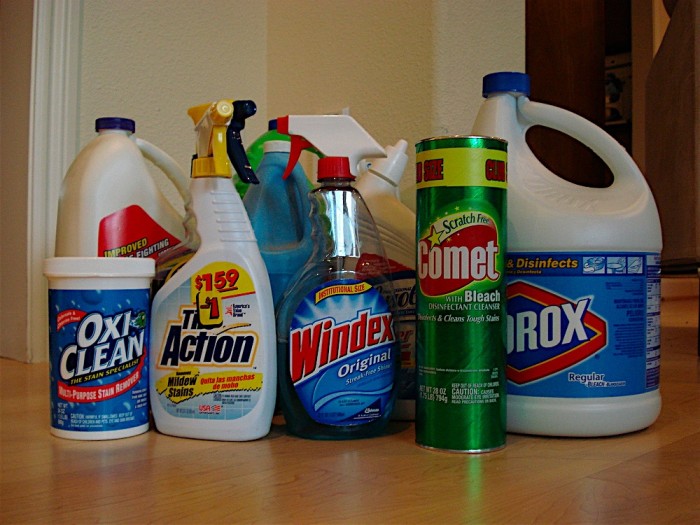
The use of appropriate containers for storing chemicals cannot be overstated. Many household chemicals come in specially designed-containers to prevent leaks and chemical reactions. Transferring these substances into different containers can be dangerous and is generally discouraged. If it’s necessary to use a different container, it should be clearly labeled, durable, and compatible with the chemical. Regular checks for wear and tear on containers are also essential. This practice ensures safety and extends the life of the chemicals, preventing waste.
Organizing Chemicals Safely
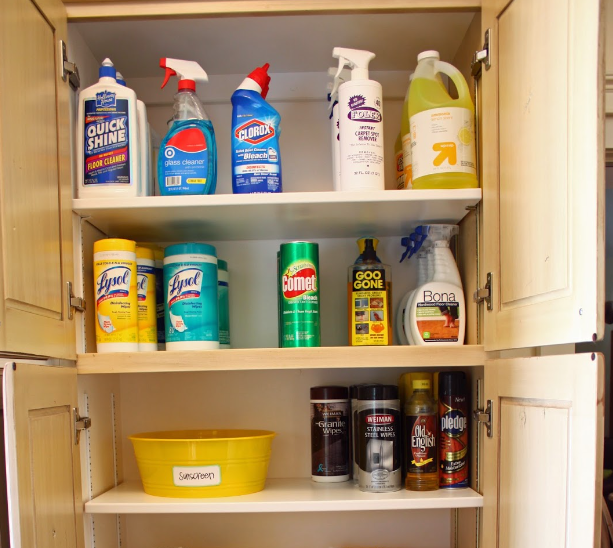
Organizing household chemicals is a task that requires thought and precision. Haphazardly storing them increases the risk of accidents and chemical reactions. It’s advisable to categorize chemicals based on their usage or hazard level. For instance, keeping all garden-related chemicals together and separate from household cleaners reduces the risk of confusion. Regular inventory checks are recommended to keep track of what chemicals are in storage and dispose of any outdated or no longer needed. Such an organization enhances safety and makes it easier to locate and use these substances efficiently.
Responding to Spills and Leaks
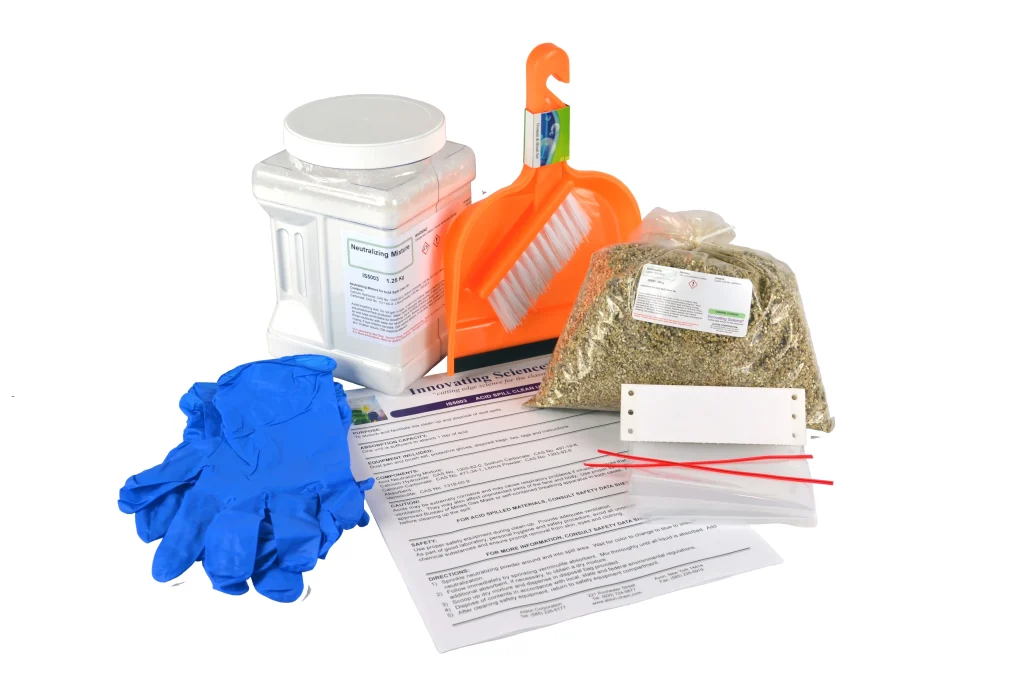
Despite taking precautions, accidents involving chemical spills and leaks can happen. It’s essential to have a basic understanding of how to respond to such incidents safely. The first step is to evacuate the area if necessary and ensure proper ventilation. Wearing protective gear, such as gloves and masks, is crucial when dealing with chemical spills. Having a spill-response kit handy, including absorbents and neutralizers, can significantly mitigate risks. It’s also important to know when a situation is beyond personal handling and when professional help is required.
Child and Pet Safety Measures
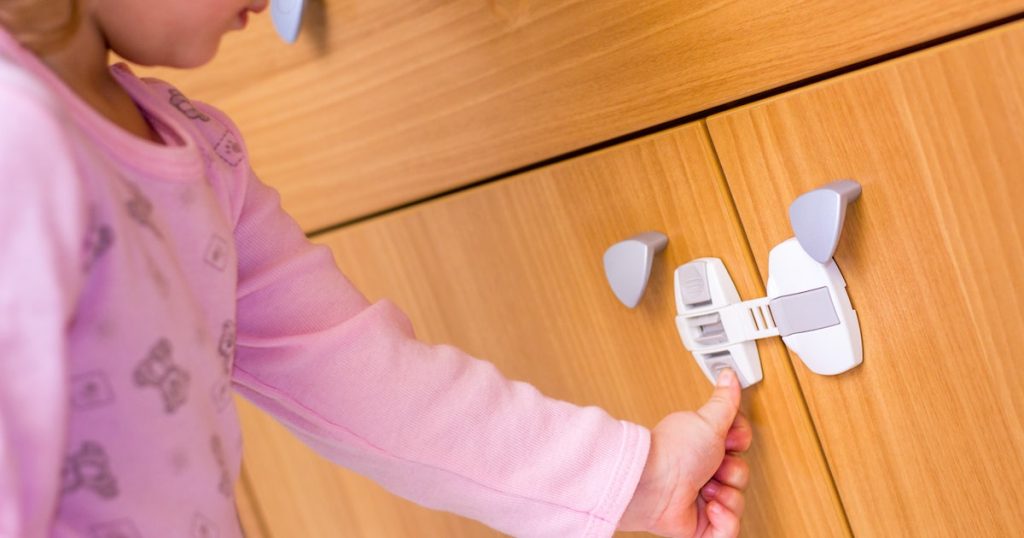
Children and pets are particularly vulnerable to household chemicals due to their curious nature and lower tolerance to toxins. Implementing child and pet safety measures is non-negotiable for households storing chemicals. This includes using locks and child-proof containers, storing chemicals in high or locked cabinets, and educating family members about the dangers. Even with these precautions, constant vigilance is necessary to ensure that children and pets do not access these substances. Awareness and education within the family can go a long way in preventing accidental poisoning and exposure.
Regular Maintenance and Disposal
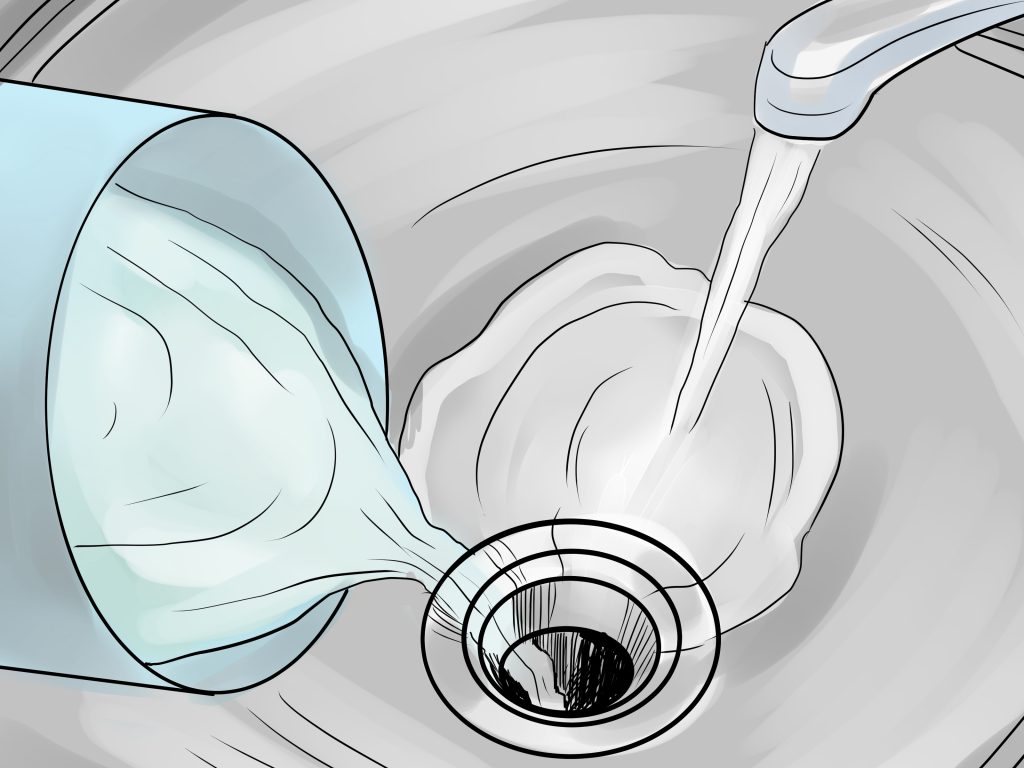
Maintaining the storage area and disposing of chemicals correctly are crucial aspects of chemical safety. Regular checks should be conducted to ensure that storage conditions remain optimal and that containers are intact. Disposal of household chemicals requires special attention, as pouring them down the drain or in the trash can harm the environment. Most communities offer specific disposal sites or pick-up services for hazardous waste. Following local regulations and seeking information on proper disposal methods is a responsibility that comes with the use of household chemicals.
Local Resources and Regulations
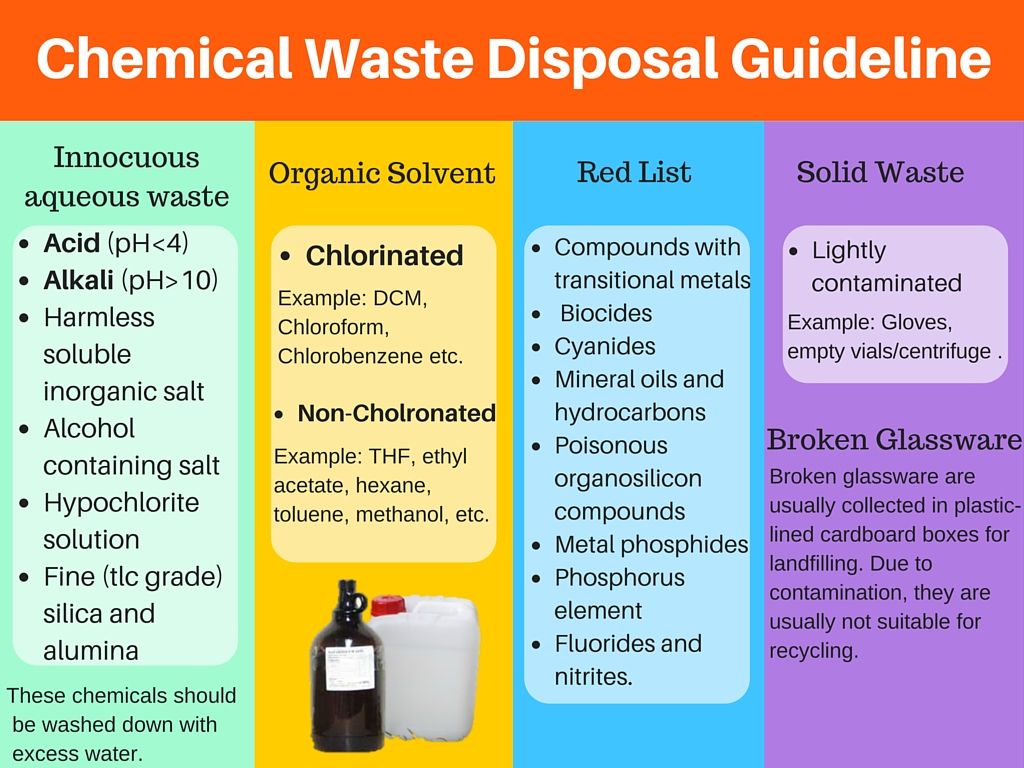
Understanding local resources and regulations is vital to safely managing household chemicals. Many communities provide guidelines and services for the disposal of hazardous materials, and staying informed about these can greatly ease the process of safe chemical management. Local environmental agencies or waste management services often have information readily available for residents. Community workshops or programs can offer valuable education and resources for responsibly handling household chemicals.
The Importance of Ongoing Education
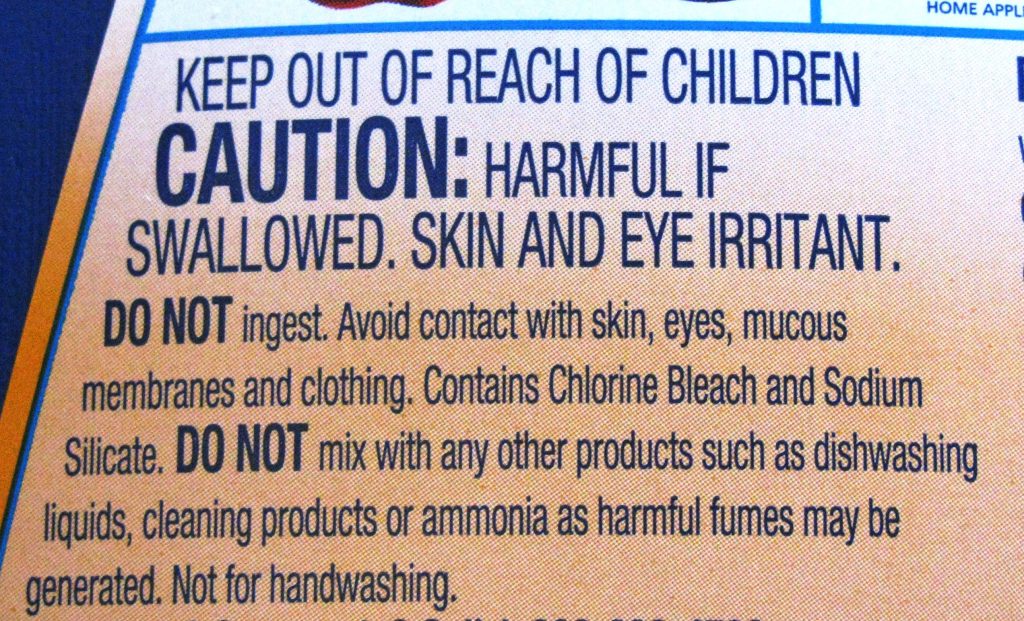
Ongoing education about the safe handling and storage of household chemicals is essential. As new products enter the market and regulations change, staying informed is crucial for maintaining safety standards. This can involve regularly reviewing product labels, staying abreast of local regulations, and seeking information from credible sources. Encouraging a safety culture within the household, where every member is aware and involved in safe chemical practices, significantly reduces the risks associated with these substances.
The Bottom Line
Safely storing household chemicals is crucial to maintaining a safe home environment. Understanding the types of chemicals, their potential hazards, and the appropriate storage and disposal methods are fundamental steps in this process. Designing specific storage areas, using proper containers, and safely organizing chemicals are key practices every household should adopt. Additionally, being prepared to respond to spills and prioritizing the safety of children and pets are essential considerations.
